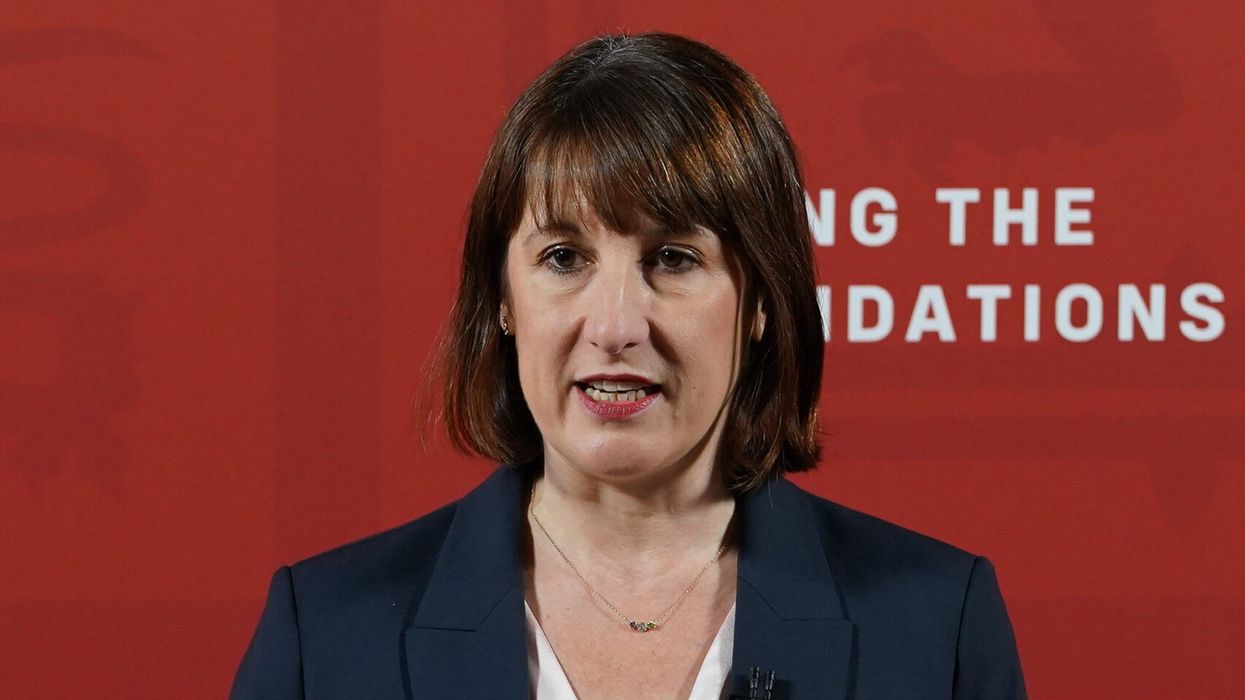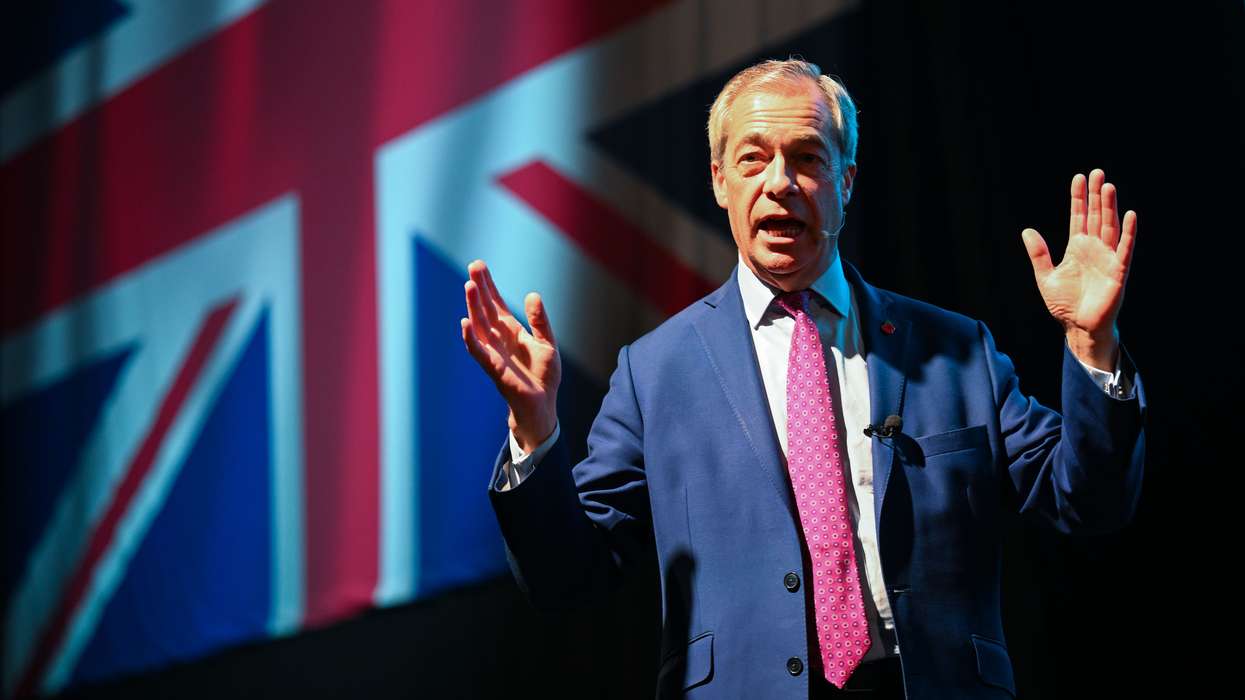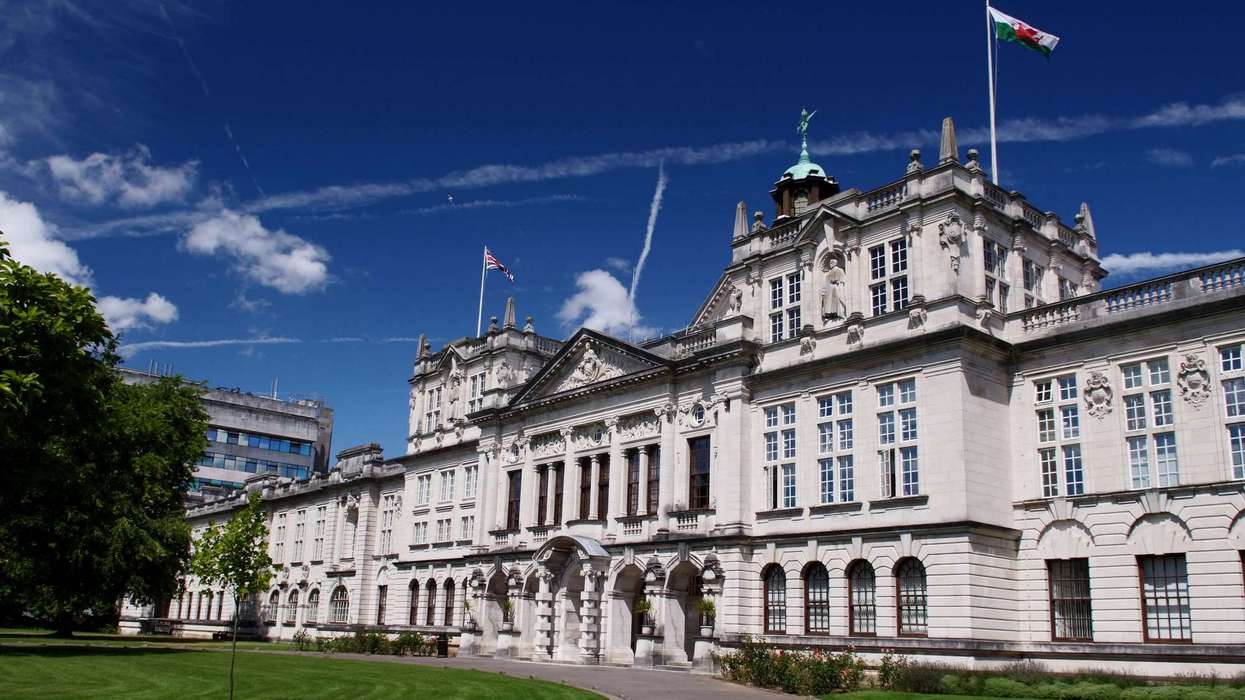THE GOVERNMENT is set to announce its medium-term spending and investment plans on Wednesday, with significant increases expected for defence and healthcare, alongside reductions in other areas.
Chancellor Rachel Reeves will present the spending review to parliament, outlining the government’s fiscal strategy aimed at boosting growth. This comes amid concerns about potential economic pressures from a possible return of Donald Trump to the US presidency and his proposed tariffs.
Reeves said the government would focus investment on security, health and the economy “so working people all over our country are better off.” She also said she would “invest in Britain’s renewal.”
Funding boosts are expected for the defence sector and the National Health Service (NHS), while other departments are likely to see spending cuts.
Reeves, the chancellor of the exchequer, has adjusted fiscal rules to give the government more room to invest ahead of the review. At the same time, she aims to balance the budget so that tax revenues cover day-to-day spending, with borrowing reserved for investment.
The changes have enabled the Treasury to increase borrowing, particularly for housing and energy infrastructure projects, resulting in a £113 billion windfall over five years.
'Balance the books'
Ahead of the announcement, the government pledged billions for the nuclear sector, including investment in the Sizewell C nuclear power plant.
Citing the ongoing conflict in Ukraine, the UK previously committed to raising defence spending to 2.5 per cent of GDP by 2027, and 3.0 per cent by 2034, partly funded by cuts to international aid.
In addition to the expected NHS funding increase, £86 billion is planned for science and technology by 2030. Urban public transport in England will also see investment more than double, reaching over £15bn by 2030.
The government recently reversed its decision to scrap winter fuel payments for millions of pensioners, following criticism from within the party. Late on Tuesday, it also confirmed Reeves is expected to announce £39bn in funding for affordable housing over the next decade, aimed at building 1.5 million homes.
However, the increased focus on some sectors means other departments may face budget reductions.
Joe Nellis, economic adviser at MHA, said Reeves "will need to balance the books by making cuts to unprotected department budgets." He pointed to the Home Office, transport, local councils, police and prisons as possible areas for cuts.
Reports suggest the Treasury has faced tensions with the interior ministry over police funding and with the energy department over carbon reduction targets.
Since taking office in July, Labour has already made cuts to public spending under tight fiscal conditions. That includes reductions to disability welfare, aimed at saving more than £5bn by 2030.
Although the UK economy grew by 0.7 per cent in the first quarter, exceeding expectations, analysts have warned that such growth may not continue.
“If growth fails to emerge, then she (Reeves) will either have to cut further areas of public sector spending or raise taxes again in this year’s Autumn Budget,” said Nellis.
(With inputs from agencies)





